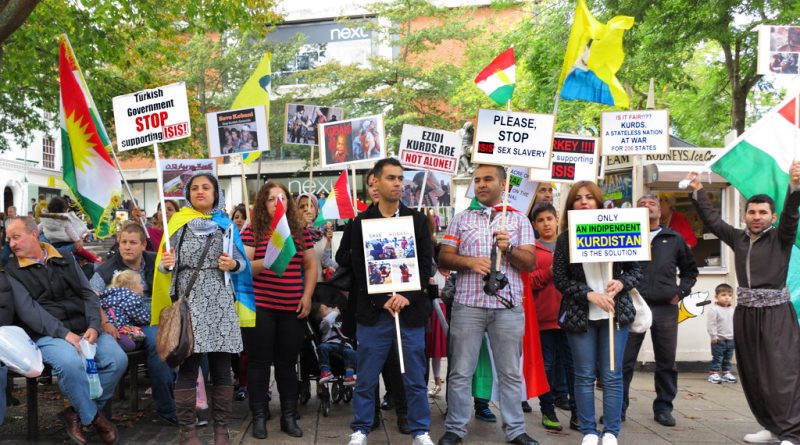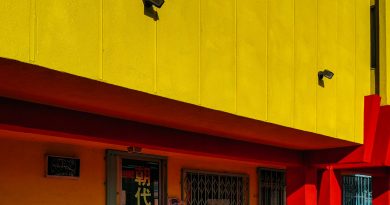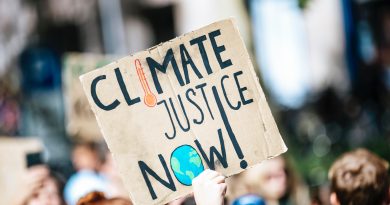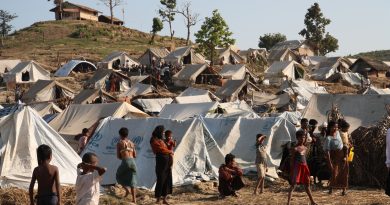FOCUS on Separatist Movements: Kurdistan
Juliet Nangini
Staff Writer
Among global separatist movements, the Kurds stand as the largest nation without an independent state and make up the fourth-largest ethnic group in the Middle East, according to BBC News. There is an estimated population of 30 million Kurds scattered across the mountainous regions within the borders of Armenia, Iran, Iraq, Syria, and Turkey. The Kurds often say that they have “no friends but the mountains.” The Economist also reports that “internal division has been one of their worst enemies.”
Proposals for an independent Kurdish state range as far back as the First World War. The Treaty of Sevres of 1920, a pact between the Allies and the Ottoman Empire after the end of World War I, featured an Allied proposal for an independent Kurdistan. However, this was followed by the Treaty of Lausanne of 1923, which provided the Republic of Turkey with international recognition as the sovereign successor of the Ottoman Empire. With the new boundaries established through this treaty, the provision for a Kurdish state was forgotten and led to the suppression and limitation of rights for Kurds that are still seen today.
The levels of Kurdish autonomy and oppression vary between each country. In 1988, Iraqi dictator Saddam Hussein launched nerve gas attacks against Kurdish communities. The United States, Britain, and several other countries supplied humanitarian aid to Iraqi Kurdistan and established a no-fly zone. Now, more than thirty years after the chemical attacks, families are still trying to identify and bury the victims of the attack. According to Al Jazeera, several mass graves filled with bodies that were believed to be killed by Saddam Hussein’s regime were found in Southern Iraq in 2019.
Meanwhile, Syrian Kurds have been in the fight against the Islamic State of Iraq and Syria. The Kurdish-led Syrian Democratic Forces (SDF) have received military and diplomatic support from the U.S. According to Voice of America, the Kurds are hopeful that they will have continued support from the U.S/ after Biden’s victory in the election, as they “have a common objective to defeat terrorism in Syria.” This came after worries produced by the U.S.’s partial troop withdrawal from Syria in October 2019, which was followed by a Turkish invasion of the region. During the campaign event in October 2019, Biden expressed that the decision to withdraw was a “complete failure,” citing the risk of Turkish attacks on Syrian Kurds due to their perception of Syrian Kurdish fighters as terrorists, reports Voice of America. Additionally, Kurdish officials are advocating for U.S. support in unity talks between rival Kurdish groups in Syria.
Al Jazeera reports that Kurdish forces arrested nine people, some of whom were suspected members of the Islamic State, in northeast Syria. Over the past few months, violence has increased in the area, particularly in the al-Hol camp where over 60,000 people reside. Since the U.S.-led coalition captured the last area held by the Islamic State, Kurdish authorities have been in control of the area.
Meanwhile, in the mountains of Iraqi Kurdistan, where Kurdish and Assyrian communities established a home for thousands of years, three former Kurdish peshmerga soldiers were missing and recently found dead. The Guardian reports that the bodies were “torn to pieces” in a Turkish drone strike. This attack adds to the growing number of civilian casualties as Turkey increases tensions in the fight between Kurdish militants on its borders. The Turkish defense ministry also stated that “five Kurdistan Workers’ party (PKK) combatants were ‘neutralized’ in Iraq,” reports The Guardian. In 2017, Iraqi Kurds proposed independence for Iraqi Kurdistan. Moreover, in Turkey, the Kurds strive for political rights but continue to have some political influence.
The Economist reports that the Kurds seem to have established that too much pressure for independence is dangerous in Iraq and Syria. Despite the many gains and losses for the Kurds, they continue to face different challenges across the Middle East.
Photo courtesy of Roger Blackwell (Flickr)




